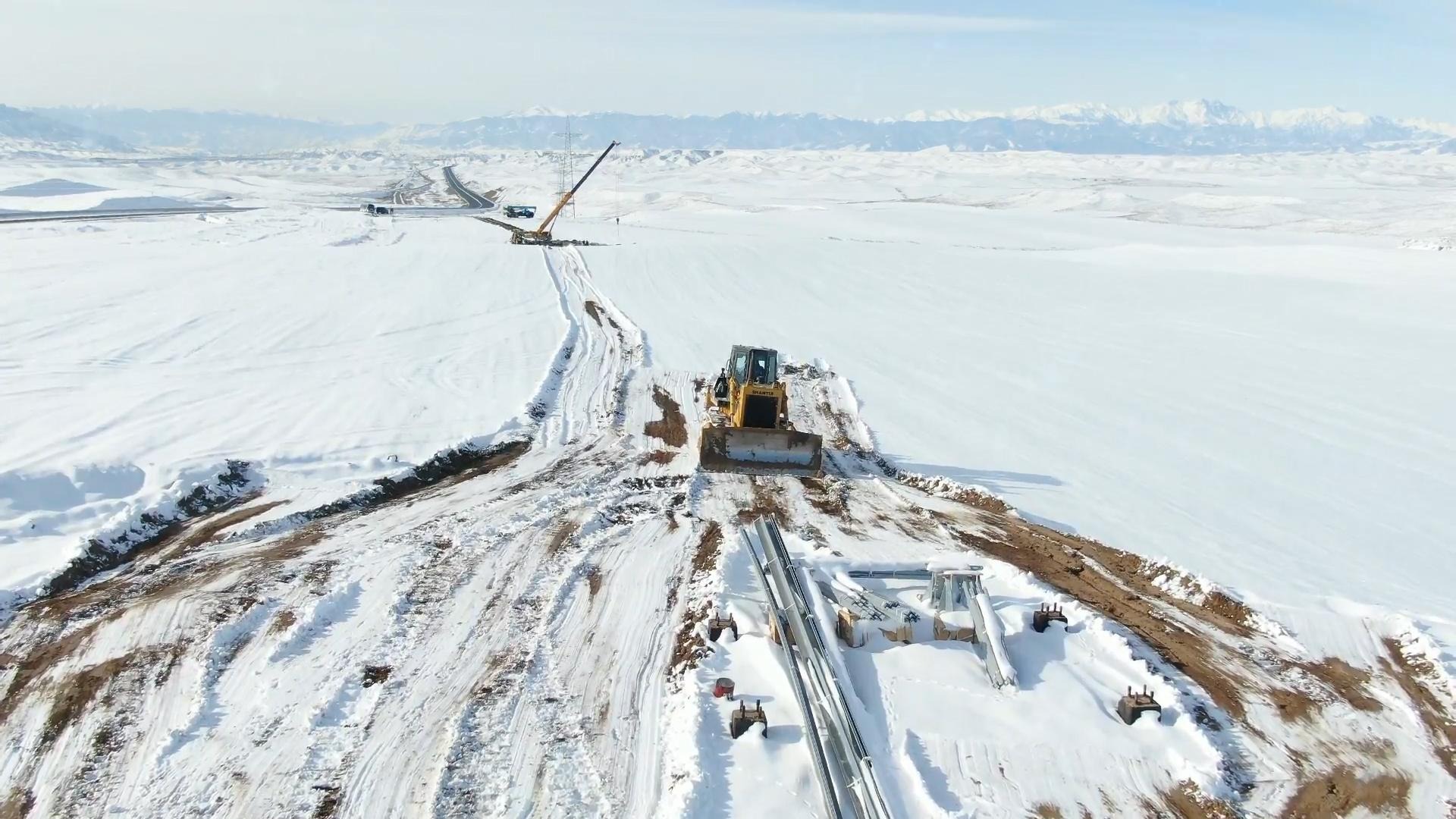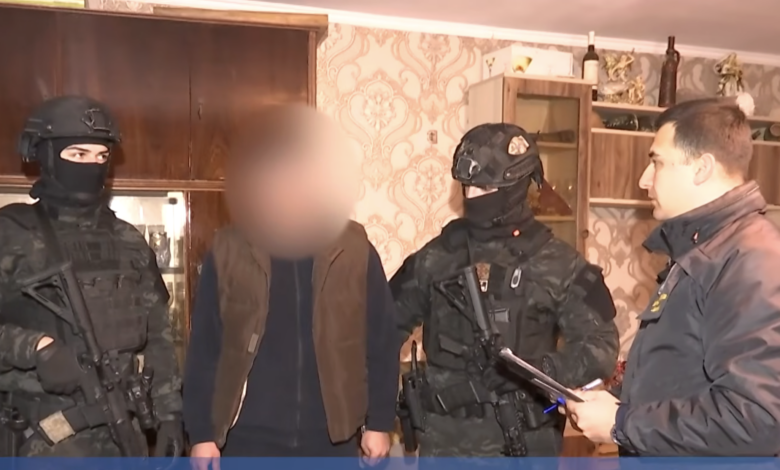
Azerbaijan and Slovakia Expand Strategic Partnership
Azerbaijan and Slovakia Expand Strategic Partnership
Executive Summary:
- Azerbaijan and Slovakia recently signed an agreement on defense cooperation that opens the door to joint defense production, with Slovakia set to produce weaponry funded by Baku.
- Slovakia’s expansion of its strategic partnership with Azerbaijan takes on a significant geopolitical dimension, potentially reshaping the dynamics of EU-NATO relationships and the balance of power in the region.
- Russia’s full-scale invasion of Ukraine presented Azerbaijan with an opportunity to expand its energy trade with Europe and to build individual strategic partnerships with EU and non-EU members.
On May 7, Slovakian Prime Minister Robert Fico arrived in Azerbaijan for an official visit to meet with Azerbaijani President Ilham Aliyev. The visit marked a significant milestone in the Azerbaijani-Slovakian partnership, as the two leaders discussed new opportunities, such as transporting Azerbaijani gas to Slovakia, and upgraded bilateral ties to a strategic level (President.az; Azertag, May 7). In recent years, Azerbaijan has focused on building individual strategic partnerships with both EU and non-EU states in Europe, despite the strained relations between Baku and Brussels. The energy sector has been a critical driver of Azerbaijan’s multi-vector diplomacy (see EDM, May 8, 2018, April 23, 2023, April 2, May 8; European Commission, February 29). Recognizing the current level of partnership between Azerbaijan and the European Union, Fico expressed his willingness to serve as a bridge between Baku and the European Union in exchange for Azerbaijani investments in the Slovak economy (Euractiv, May 8). The deal represents the ongoing expansion of Azerbaijani influence not only in the Balkans but in Central and Eastern Europe as well.
Following the full-scaled Russian invasion of Ukraine in February 2022, European countries needed to find reliable alternative energy exporters. This presented Azerbaijan with an unprecedented opportunity to expand its presence in European markets (Aze.az, May 7). The energy trade played a pivotal role in Fico’s official visit, during which the Azerbaijani and Slovakian governments signed an agreement on a strategic partnership. This agreement laid the groundwork for deeper engagement in the energy and defense sectors (Euractiv, May 8). The Azerbaijan-Slovakia business forum was held on the same day Aliyev and Fico met, leading to the discussion of numerous investment projects of cooperation between the two countries (President.az, May 7).
Perhaps the most significant aspect of Fico’s visit to Baku was the signing of a memorandum of understanding in the field of military-technical cooperation and an agreement on defense cooperation (Aze.az, May 7). The agreements open the door to joint defense production, with Slovakia set to produce weaponry funded by Azerbaijan. This arrangement holds the potential to not only bolster Slovakia’s defense industry but also significantly enhance Azerbaijan’s military capabilities, as it will enable Baku to export or use the weapons produced (Report.az, May 8).
Local media and official diplomatic sources did not specify what kind of weaponry will be produced jointly. Even so, the new agreement likely entails the joint production of 152-millimeter (mm) self-propelled howitzers and accompanying artillery rounds (Eurasiareview, May 14). Azerbaijan is quite familiar with the Czech/Slovak-made self-propelled howitzers. Specifically, the DANA M1 (152 mm) and RM-70 (Vampire) Multiple Rocket Launch Systems were actively used by Azerbaijani forces during the Second Karabakh War with Armenia in 2020 (Armradio.info, October 21, 2020). In the past, the possible appearance and deployment of modern artillery systems produced by a North Atlantic Treaty Organization (NATO) member country in the battleground between non-NATO countries has sparked controversy. For example, in 2017, the Czech government stated that it has not issued mandatory licenses for the sale of any lethal weapons to Azerbaijan (Azatutyun.am, September 19, 2017).
Despite the controversy, the Azerbaijani government continues investing in the development of local defense industries, simultaneously purchasing modern weaponry from Israel, Türkiye, Italy, Serbia, Bulgaria, and now Slovakia (see EDM, January 21, 2019, April 24, May 8, 2023, February 28; Civilnet.am, April 1). The new agreement with Slovakia will help give Azerbaijan an upper hand regarding military strength in the post-Soviet region, and Baku’s interest in modern artillery systems is not a simple coincidence, as Russia’s war against Ukraine has demonstrated the importance of a strong stockpile of artillery rounds in regional conflicts.
Moscow’s invasion of Ukraine was made possible through heavy artillery fire (RUSI.org, August 9, 2023). Russia’s superiority in artillery has been a vital tool in countering Ukraine’s tactics and stopping the 2023 Ukrainian counteroffensive. Only recently did Ukrainian President Volodymyr Zelenskyy declare that Ukraine no longer suffers from a shortage of artillery rounds, though more will be needed soon. Until now, the imbalance in artillery has been one of Russia’s most lethal advantages, inflicting a large number of troop and civilian casualties on the Ukrainian side (FINABEL, January 18). Ukraine’s inability to compete with Russia in artillery fire and delays in Western military aid has emboldened Azerbaijan to strengthen its own artillery units by importing more Western-made modern self-propelled howitzers now, rather than waiting for any possible future conflict (VPK.name, May 9).
The lack of official NATO or EU membership has hampered Azerbaijan’s ability to count on direct partnership with leading member countries, but establishing individual partnerships has been rather effective. For example, on February 28, Azerbaijani media confirmed earlier reports that Baku had signed a new defense contract with Serbia to purchase 48 self-propelled, 152-mm Nora B-52NG howitzers (see EDM; Azernews.az, February 28). Serbian defense company Yugoimport has developed howitzers compatible with standard NATO ammunition and equipped with advanced fire control systems (Azernews.az, February 28). In addition to howitzers, Azerbaijan recently acquired a modern Spartan C-27 military transport aircraft produced by Italian defense giant Leonardo as a result of government-to-government negotiations throughout 2023. This represents one of Azerbaijan’s significant Western defense contracts in boosting its military capabilities (Aze.az, April 29).
The current schism within the European Union, particularly with Hungary and Slovakia, has pushed these states to seek partnerships outside the 27-member bloc. In this context, Slovakia’s decision to build on its strategic partnership with Azerbaijan takes on a significant geopolitical dimension, potentially reshaping the dynamics of EU-NATO relationships and the balance of power in the wider region.


